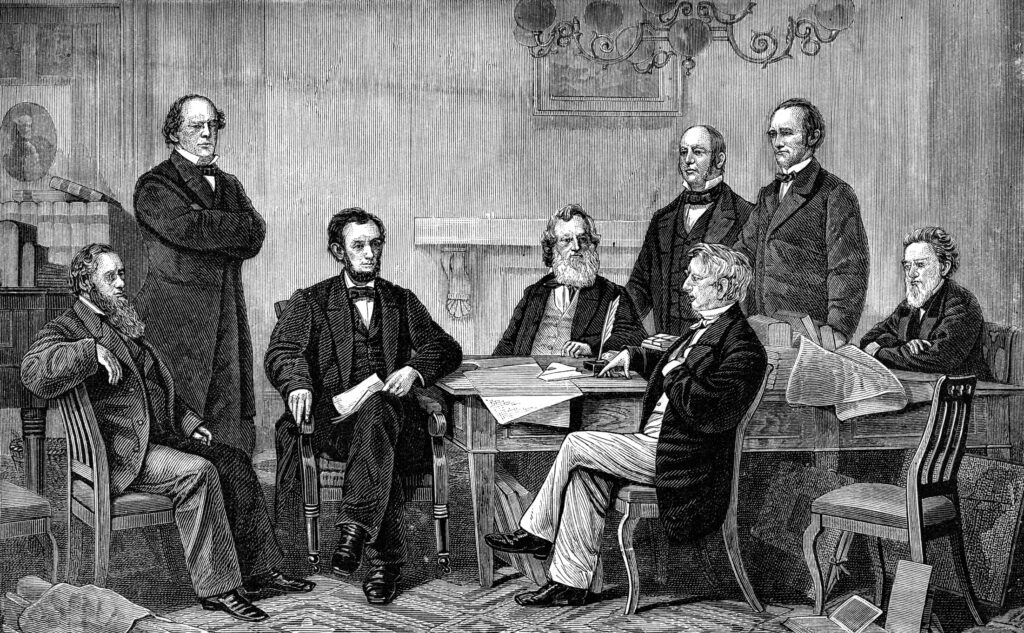Abraham Lincoln is one of the most celebrated figures in American history. He is widely remembered for his role in leading the United States through the Civil War, preserving the Union and abolishing slavery. As President, he was also instrumental in implementing a variety of important reforms, including efforts to improve the economy and expand civil rights and liberties.
On February 1, 1862, an important meeting took place at the White House in Washington, D.C., in which President Abraham Lincoln hosted prominent abolitionists Ralph Waldo Emerson and Charles Sumner for a discussion on emancipation. This was not only a significant moment in American history but also a powerful display of the commitment to freedom and equality held by these three influential men.
Emerson Shares His Opinion
During their conversation, Emerson expressed his strong belief in the critical importance of ending slavery, advocating for quick action from the President. He argued that emancipation should be done without delay and without compensation for Southern slave owners. Emerson also emphasized how crucial it was to maintain moral integrity and courage during this process, reminding Lincoln that it was his duty to stand up for freedom.
The Emancipation Proclamation
The Emancipation Proclamation, issued by President Abraham Lincoln on January 1, 1863, declared the freedom of all slaves held in areas still in rebellion against the United States. It was meant to be a military measure and did not apply to those living in states loyal to the Union, nor did it free any slaves living within the Confederacy's boundaries. The proclamation took nearly two years from its initial discussion at The White House between Lincoln, Emerson and Sumner to become effective.
It entailed an executive order that declared "all persons held as slaves" in rebel states "are, and henceforward shall be free" and forbid their future enslavement. Additionally, freed people would receive military protection and were allowed to enlist as volunteers for the Union army with equal pay given compared to white soldiers enlisted into service at that time.

